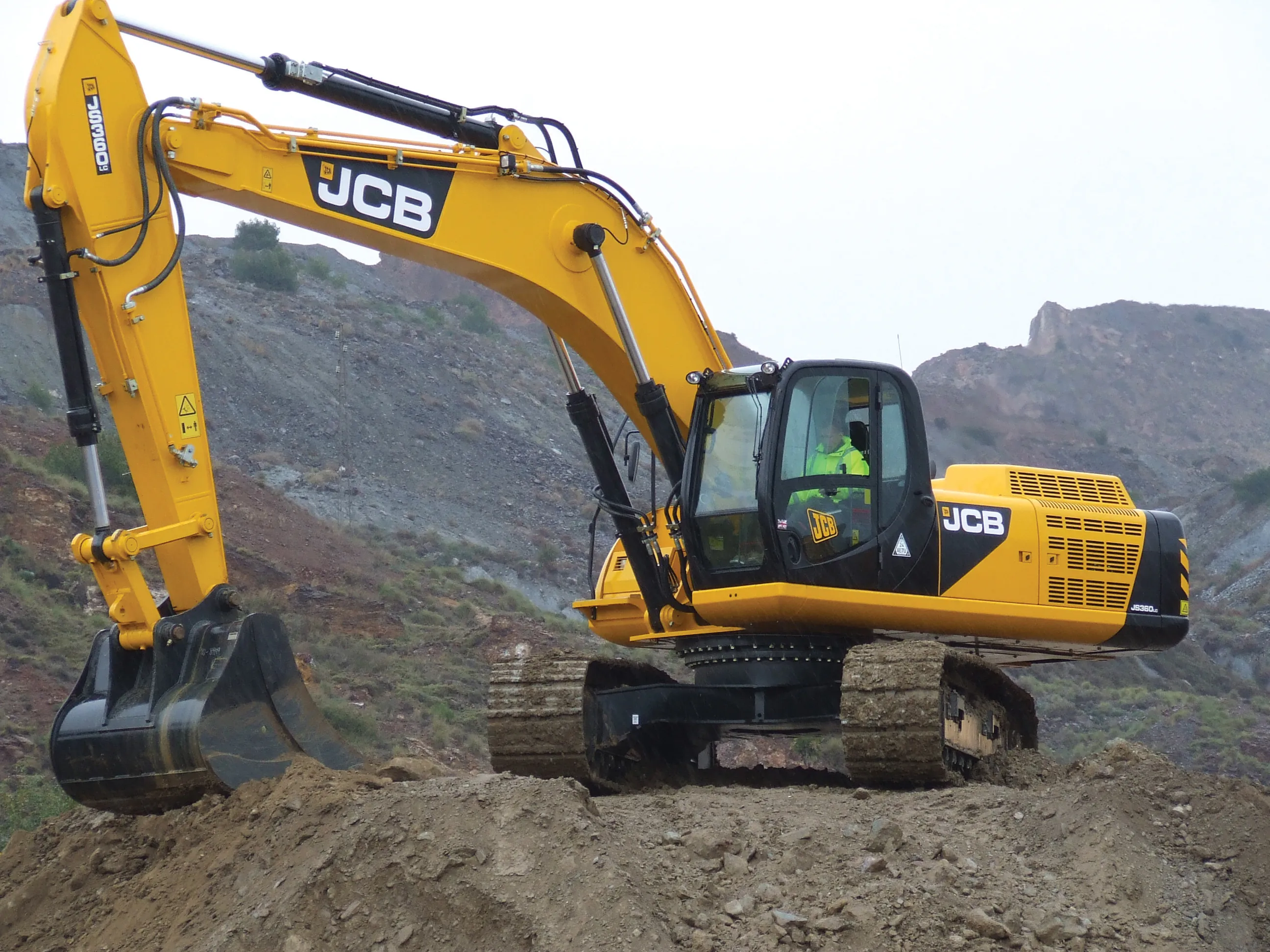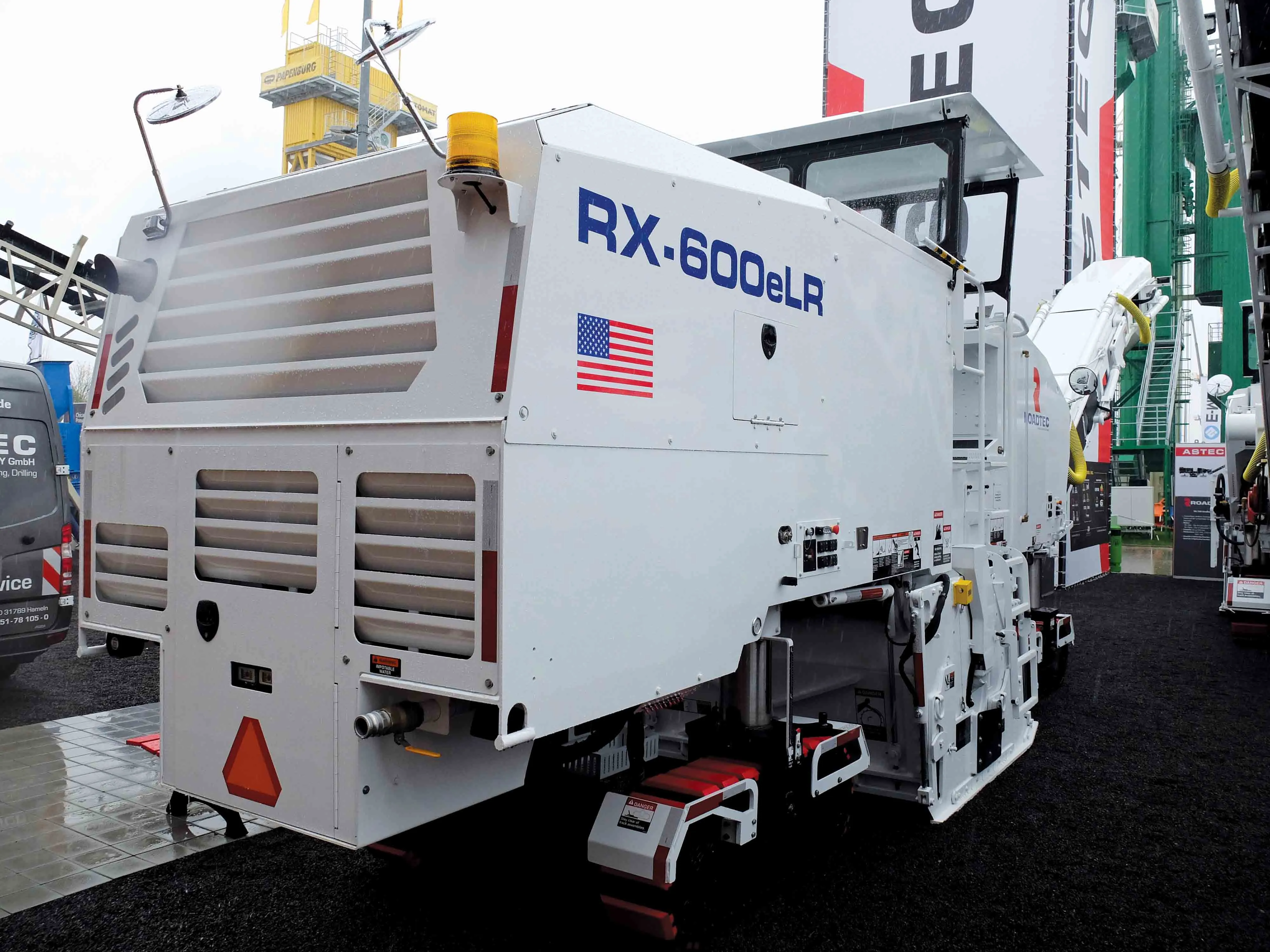The heart of the European C-series is the blade swing mechanism, explained Sala. It has external teeth and pinions and the two steel rotational plates move on a friction setup.
However, the European machines have a more sophisticated set-up, where teeth and pinions are internally mounted and the steel rotational plates move on an array of ball bearings. The result, he said, is much less friction than the Brazilian-made models, which means less torque is required from the machine’s engines and hydraulics. Also, the operator’s controls are much more sensitive to the touch.
It also allows for more accurate grading. Operators have controls that allow for small increments of blade movement, making the machine ideal for European road conditions where volume of earth to be graded is less important than accuracy grades and the displacing of smaller amounts of earth.
They will be available in 6x4 and 6x6 all-wheel drive versions that match customers’ key requirements of low operating costs, controllability and flexibility.
The machines feature the patented Hi-eSCR technology developed by
Case’s European C series graders offer light touch
Case’s newest grader, the C Series - specifically for the European market - is a sensitive machine for a delicate job. The 12.6tonne 836C and its larger 17tonne stablemate the 856C are made in Berlin and for European Tier 4 Final countries, including Israel, says Massimiliano Sala, Case’s construction equipment product manager for Europe, Middle East and Africa. “Their grading is much more precise, meaning the machines are made more for finishing grading that requires exacting blade control,” he said.
April 23, 2015
Read time: 2 mins








